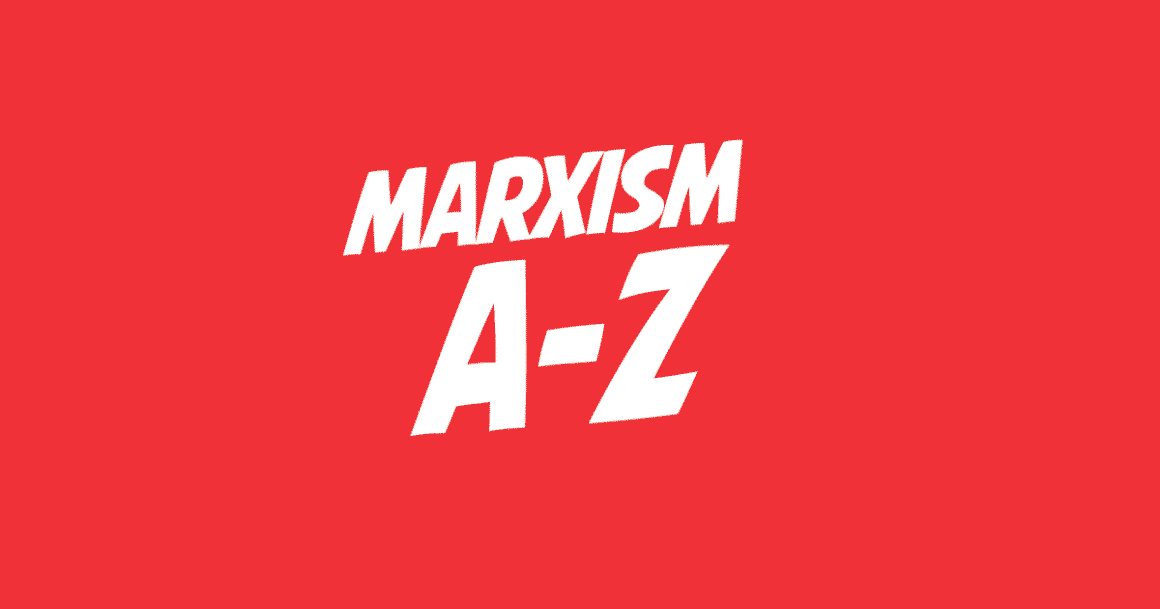

History used to be about Kings, Queens, battles and, above all, dates. Today it is all about “experience”. You can take a “dark ride” through a recreated Viking settlement in York, or a walk through the Imperial War Museum’s “Blitz experience”, replete with “authentic” smells, explosions and visual effects.
The problem with both these kinds of history, however, is the way they avoid the question: why? And this is the most important question. Why did Danish peasants suddenly take to their long-boats and spread out over northern Europe in the middle ages? Why did Britain go to war with Germany in 1939?
Once you start asking these questions other, deeper, questions arise. What causes change in history? Where is human society going?
Only Marxism has a coherent answer to them. In the famous opening words of the Communist Manifesto, Marx wrote: “The history of all hitherto existing societies is the history of class struggle.”
Human beings produce their own means of existence. Marx explained that this productive activity has two aspects: material and social. We don’t just produce things, we produce and reproduce social relations between people.
For Marxists, the interplay between the development of the material forces of production and the social relations of production is crucial to understanding history. Because from the very moment human society was able to produce more than that needed for mere subsistence there was a struggle over who was to control the surplus.
The relations of production reflected not just the necessary forms of social organisation for work, but the forms of social organisation required to distribute the surplus to one class and extract it from another.
Before Marx, historians and philosophers had no coherent way of explaining the distinct phases of historical development. They saw that the Egyptians were followed by the more advanced Greeks, who in turn were conquered by the more advanced Romans.
They saw the “Decline and fall of the Roman empire”, but advanced no coherent explanation for it. They tended to see revolutions as eruptions of irrational violence – interruptions to the “normal” process of history. Marxism understands the fundamental class struggles going on behind all these events. It sees revolutions as key to the progress of humanity.
As the Communist Manifesto explains, all history is the history of class struggle: “freeman and slave, patrician and plebeian, lord and serf, guild master and journeyman, in a word, oppressor and oppressed, stood in constant opposition to one another, carried on an uninterrupted, now hidden, now open fight; a fight that each time ended either in a revolutionary reconstitution of society at large or in the common ruin of the contending classes”.
Egypt, Greece and Rome collapsed because none of the classes struggling within ancient slave society had the power to make a revolutionary breakthrough. Feudal society, which grew up on the ruins of the ancient empires, ultimately produced a class which could make that breakthrough; the city-dwelling class of merchants, bankers and early factory owners known as the “bourgeoisie”.
This class originally existed on the margins of medieval society. But their form of property, and the new method of production and exchange it enabled, was revolutionary compared to feudalism.
Thus, from the fifteenth to the eighteenth century we see a growing class struggle between the rising bourgeoisie and the declining feudal aristocracy. The main events in English history are part of this process: the Wars of the Roses, the English Civil War, the “Glorious Revolution” of 1688, the replacement of one royal house by another.
Finally, in a series of revolutions the bourgeoisie, with the help of a growing class of urban workers or “artisans”, overthrew feudalism altogether. This victory unleashed a revolutionary upheaval in the means of production themselves. The plough, little changed in two or three thousand years, was replaced within a century by the tractor. A few decades later we have the combine harvester and genetic crop engineering.
But we also have poverty, unemployment, racism and war. Capitalism is long past its sell-by date. It holds back the development of new methods of production, or so controls them that they only benefit a few or endanger our lives and environment.
Fortunately, there is a way out. Capitalist society gave birth to the modern working class, the proletariat. This class owned none of the means of production. Its victory in the class struggle, Marx said, could not lead to a new form of class society; there was nobody below the proletariat to become the new exploited class.
After Marx, even bourgeois historians found it impossible to ignore the masses as the key participants in history. Hence the concentration on “ordinary life” in many of today’s historical TV series and museums. But they systematically ignore, reject and undermine the view of history as class struggle.
That is why the Jorvik “dark ride” in York tells us nothing about the classes within Viking society, and the class struggles in early medieval Britain. Likewise the “Blitz experience” tells us nothing about how the Trotskyists led workers in pulling down the gates to tube stations, locked up during the Blitz, while the bosses moved out to their safe country houses.
History is, ultimately, about where humanity is going. The whole history of the twentieth century confirms the Marxist view that either the working class makes a revolution, or the bourgeoisie destroys humanity through nuclear war, environmental disaster, famine, disease and racist genocide.